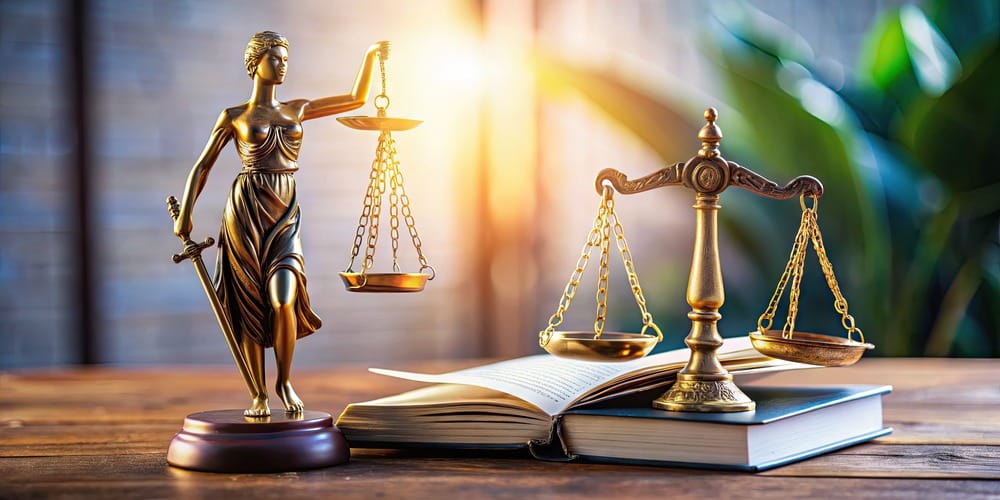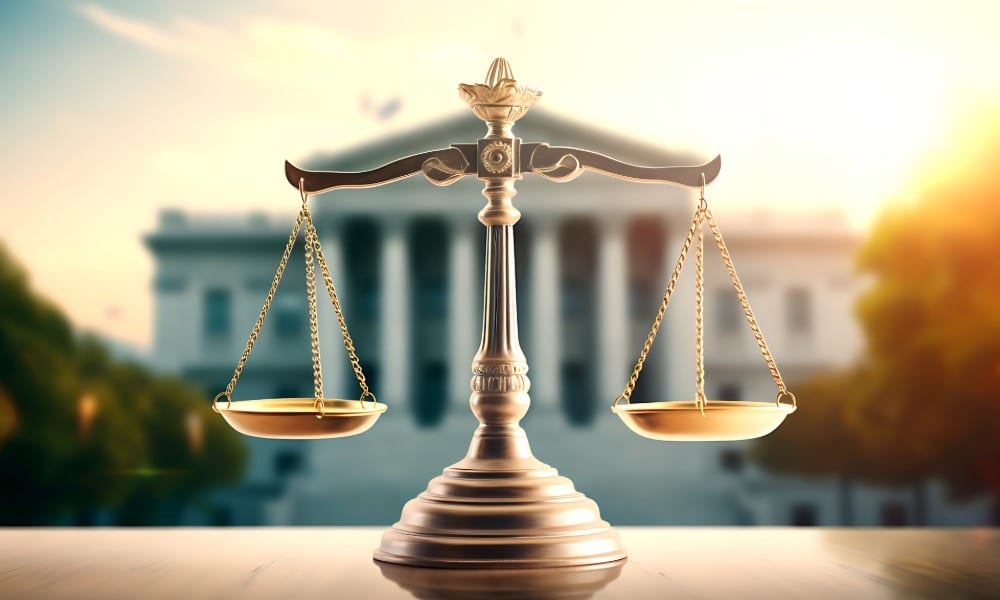Rape Shield Law in Maine: What Is It?
One of the many things that criminal defense attorneys have to worry about all the time is evidence. But it goes much further than just about what looks good, in court: It’s also about what even gets into court, in the first place. The evidence that gets presented or withheld can make or break a case. The rules for what kinds of evidence are admissible or inadmissible are impressively complex. There are, quite literally, books written on the subject.
One of the most complex and problematic of the rules of evidence is what is known as a “rape shield law.” This law limits the ways that evidence can be presented, if the evidence has something to do with someone’s past sexual conduct. All of the states in the U.S. have one of these, including Maine. Our rape shield law is found at Rule 412 in our Rules of Evidence.
While the reason behind the law is all well and good – it’s to prevent the jury from looking down on a victim of a sex crime, by not allowing evidence that they’re promiscuous into the trial – it’s how the law goes about doing this that is the problem. The theory of the law is admirable. But, in practice, the law is incredibly inconsistent.
Take, for example, an instance where someone is accused of a violent sexual assault. The victim, however, was high on drugs, and the violent nature of the assault caused her to lose consciousness. She claims that the defendant in the case did a lot of things to her, but did not rape her. However, DNA shows that she had intercourse with someone close to the time of the assault, and that it was with neither the defendant, nor the victim’s husband.
The defendant’s criminal defense attorney claims that it wasn’t the defendant who did the assault. It was someone else. See? There’s DNA proof that someone else did it.
This is exactly what happened in the case of State v. Drewry. The case went to the Supreme Court of Maine, where it was ruled that Maine’s rape shield law applied… but only partially. In a classic example of how complex and problematic rape shield laws can be, the court said that evidence showing that the victim had intercourse could be used in trial. However, the rape shield law prevented the DNA evidence from being used – the evidence that showed that it was not the defendant’s DNA.
If this confuses you, don’t feel bad, because it’s confused an awful lot of criminal defense attorneys in the state. However, this is just one example of how poorly rape shield laws achieve the balance that they’re going for. Trials should not turn into arguing over whether someone had a lot of partners. However, evidence that could be used to show that someone was innocent of a crime should never be prevented from being heard by a jury.
Rape shield laws show themselves in lots of different cases, including sexual assault, rape, and domestic violence situations. If you’ve been accused of any of these crimes, call The Maine Criminal Defense Group immediately to help you prepare a strategic defense.
Call 207-571-8146 or contact us online to schedule a consult with one of our highly skilled OUI/DUI & criminal defense attorneys, serving Maine, today.
Blog Articles

William Bly Comments on Eliot Cutler’s Probation Violation: Possibly Facing More Jail Time Former Maine gubernatorial candidate Eliot Cutler faces potential jail time after his probation officer filed a motion[...]

False Sex Crime Accusations in Maine: What Should You Do? An individual falsely accused of a sex crime in Maine may suffer many of the same indignities, personal problems, and[...]

In Maine, it is illegal for a person to have consensual sexual activity with a minor younger than 16, with a few exceptions. For anyone accused or charged with statutory[...]

AUGUSTA, Maine — A 44-year-old Albion, Maine man, Sean M. Eori, is on trial at the Capital Judicial Center after being indicted on 11 charges involving the alleged sexual assault[...]

Sexual exploitation of a minor in Maine is a felony with serious consequences, including prison and sex offender registration. If you're facing charges involving child pornography[...]

Many individuals accused of sexual assault find themselves tried in the “court of public opinion” and immediately branded as “guilty.” This is unfair and contrary to the principles of criminal[...]

Facing a child pornography charge is one of the most daunting and life-altering experiences anyone can endure. These charges carry severe consequences, including potential prison time, hefty fines, and mandatory[...]

Solicitation of a minor is a criminal offense where an individual who engages in a conversation with a minor solicits or asks the minor to meet up to partake in[...]

Sexual assault and sexual battery both refer to criminal offenses where a victim does not provide consent to sexual contact. This contact may or may not involve penetration, force, violence,[...]

Both prostitution and solicitation are considered sex crimes in Maine. Buying or selling sexual acts or sexual contact is illegal and has traditionally been considered a criminal offense for all[...]
